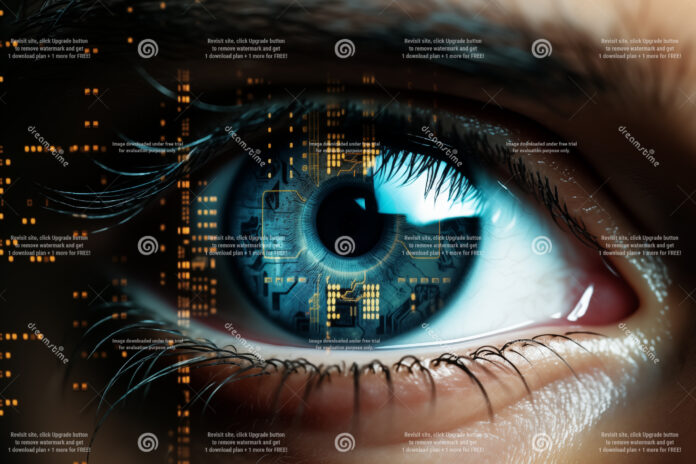
In Peter Diamandis’s latest technology blog, he looks at how artificial intelligence (AI) is being used for software coding. He argues that there is evidence that AI is already surpassing human coders.
He cites three AI milestones that occurred in 2022 and 2023:
- In early 2023, OpenAI’s ChatGPT passed Google’s exam for high-level software developers.
- Later in 2023, GitHub reported that 46% of code across all programming languages is built using Copilot, the company’s AI-powered developer tool.
- In its 2022 debut, DeepMind’s AlphaCode outperformed human programmers in a competition hosted by Codeforces. It took on 5,000 human expert coders and beat 45% of them.
All these developments happened coincidentally with the release of Open AI’s ChatGPT. Imagine then what is likely to happen in the next two or three years. Will AI eliminate the need for human programmers? Or, rather than eliminate coders in using AI-based tools, become software coders? Have large-language modelling AIs permanently changed the world of software? I’ll let Peter explain.
The Democratization of Software Coding
In a future where generative AI does coding, anyone can express what they want in natural language which then an AI will convert into code. NVIDIA’s CEO Jensen Huang noted in a recent call: “We’ve democratized computer programming for everyone … who could explain in human language a particular task to be performed.” Eliminating barriers that once blocked creativity means anyone can build systems that solve problems and create value for society.
These are called “no-code” and “low-code” platforms that empower individuals with little to no programming skills to develop new applications. No-code platforms have user-friendly interfaces, and facilitate rapid application development for those with domain-specific understanding to solve a business problem but who have no or limited coding skills. IT professionals are taking to low-code platforms requiring a rudimentary understanding of coding but offering higher degrees of customization and integration. “Citizen developers” are taking to no-code platforms.
In this new environment, does it still make sense to learn how to code? Should your kids continue to learn Python or another programming language? While your first reaction may be to say “No,” Steve Brown, my Chief AI Officer, has a different opinion:
“Coding is not about a particular computer language or even about writing programs per se. It’s about cultivating a mindset of computational thinking: enhancing your ability to break down complex problems into manageable components, devising logical solutions, and thinking critically.”
This skill will become increasingly important.
While it is true that AI has enabled machines to speak English, if you want to collaborate with AI and harness its power, learning the native language of AI will give you a distinct advantage. It’s how you will go from being a naive end-user to becoming a creative partner, problem solver, and critical thinker.
The Rise of Hybrid Coders
Technology has always allowed individuals to do more, faster. Robotic farm equipment has increased the output of farmhands 1,000-fold, while computers have empowered investors, scientists, and digital artists by orders of magnitude. Now AI, in a somewhat recursive manner, is enabling our best programmers to amplify their skills and programming prowess 100-fold.
AI-enabled programming is a superpower for both the novice and the experienced coder. AI tools such as Replit and GitHub Copilot are helping developers automate redundant workflows, learn faster, write code faster and with fewer bugs, work more efficiently, and scale their productivity.
For example, researchers at Microsoft have found that software developers using AI assistants complete tasks 55% faster than those not using them. An MIT study shows that the top 5% of programmers performed orders of magnitude better while partnering with AI.
Hybrid Coding is Happening Now
The best coders soon or already are hybrids: humans working with AI assistants. This development is democratizing humanity’s ability to code and magnifying the abilities of the best coders 100-fold. We are super-charging our future.
At the same time, AI is learning how to code by itself and improve its performance and capabilities. Without question, the rate of technological advancement is accelerating. While this may scare many, it is important to recognize that these improved tools will enable entrepreneurs to address and defeat many of humanity’s grand challenges. These tools are enabling individuals and small teams to take on challenges previously only addressable by governments or large corporations. That’s why I stated previously that we are through a marriage of humans and AI democratizing our ability to solve the biggest problems.








